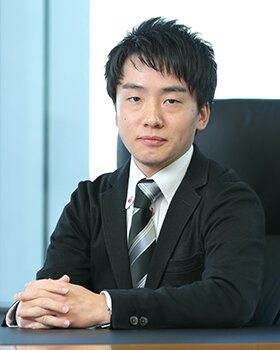Report Foreign Affairs and National Security 2017.02.15
"The 22nd PAC Policy Simulation: Collapse of North Korea and Japan's Stance" Summary Report and Assessment
1.Summary
On March 26-27, 2016, the Canon Institute for Global Studies (CIGS) held the 22nd PAC Policy Simulation: "Collapse of North Korea: What would Japan do?" This simulation was conducted with consideration for Given increasing lack of transparency and uncertainty in domestic political situation in North Korea, the theme of the simulation was defined to explore foreign affairs/national security challenges for Japan as well as the international community by setting a scenario of the collapse of North Korea that was triggered by the confusion in its domestic politics in the early part of 2020.
Think tanks and other organizations both inside and outside Japan have conducted similar simulations regarding the North Korean Collapse scenario. However, there is yet to be a policy simulation giving comprehensive consideration to the recent evolution in the development of North Korea's nuclear and missiles capabilities as well as conventional military forces, expansion of the regional influence of China and the change in Sino-North Korean relationship, the US security strategy with respect to the Korean Peninsula, US-Republic of Korea/Japan-US alliance, etc., premised on the new regime (Kim Jong-un's regime) and its lack of transparency in the status of its capacity to governance of late. Thus, it is meaningful that the CIGS began to tackle this challenge ahead of its peers.
Approximately 40 people, including active bureaucrats, researchers, businessmen, journalists, etc., participated in this two-day simulation, from which numerous lessons and issues were extracted/identified. The simulation involved the role-playing of the following teams and players: the Japanese government consisting of the Prime Minister of Japan and His Cabinet, National Security Secretariat, Ministry of Foreign Affairs, and Ministry of Defense; the US government consisting of the Executive Office of the President, National Security Council, Department of State, and Department of Defense; the Republic of Korean government consisting of the Office of the President, Ministry of Foreign Affairs, and Ministry of National Defense; the Chinese government consisting of the Central Committee of the Communist Party of China, People's Liberation Army, and Ministry of Foreign Affairs; the Russian Federation consisting of the Presidential Executive Office, Ministry of Foreign Affairs, Ministry of Defense, also dual-hatted as internet users and entities molding/shaping public opinion over the internet; and the media (Japanese and international) dual hatted as international organizations.
Further, as the new attempt for this policy simulation, CIGS collaborated with with LINE Corporation and used "LINE," a messaging platform, to promote/facilitate information distribution (text, image, video), communication, and information sharing by each team. Almost all players carried a tablet device to facilitate information acquisition and distribution at all times, which allowed them to grasp the progression of the simulation in real-time. ...



